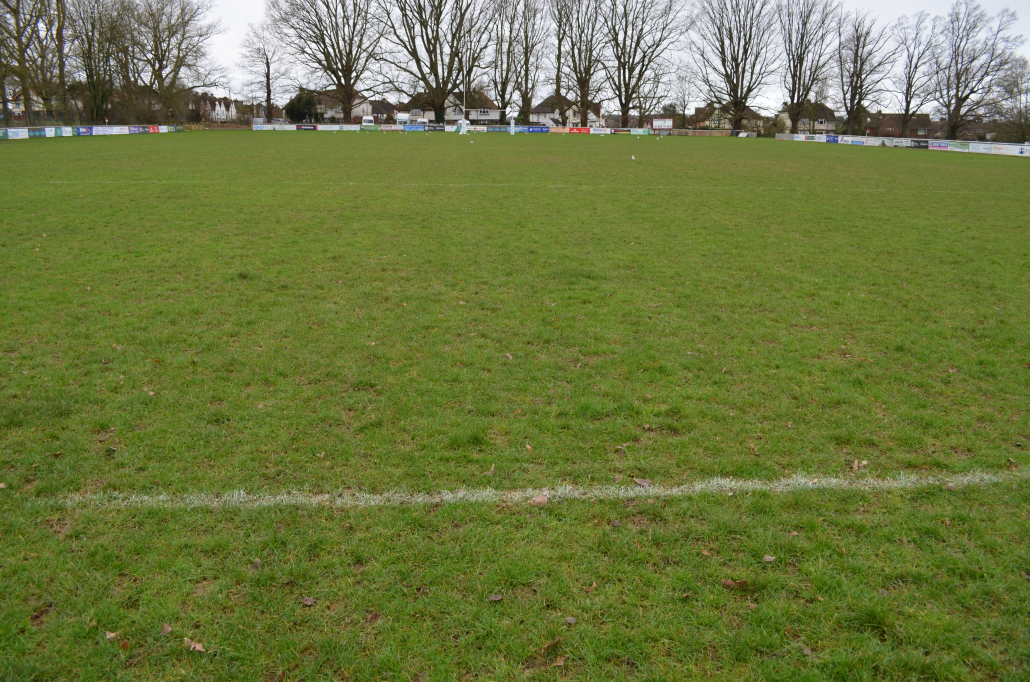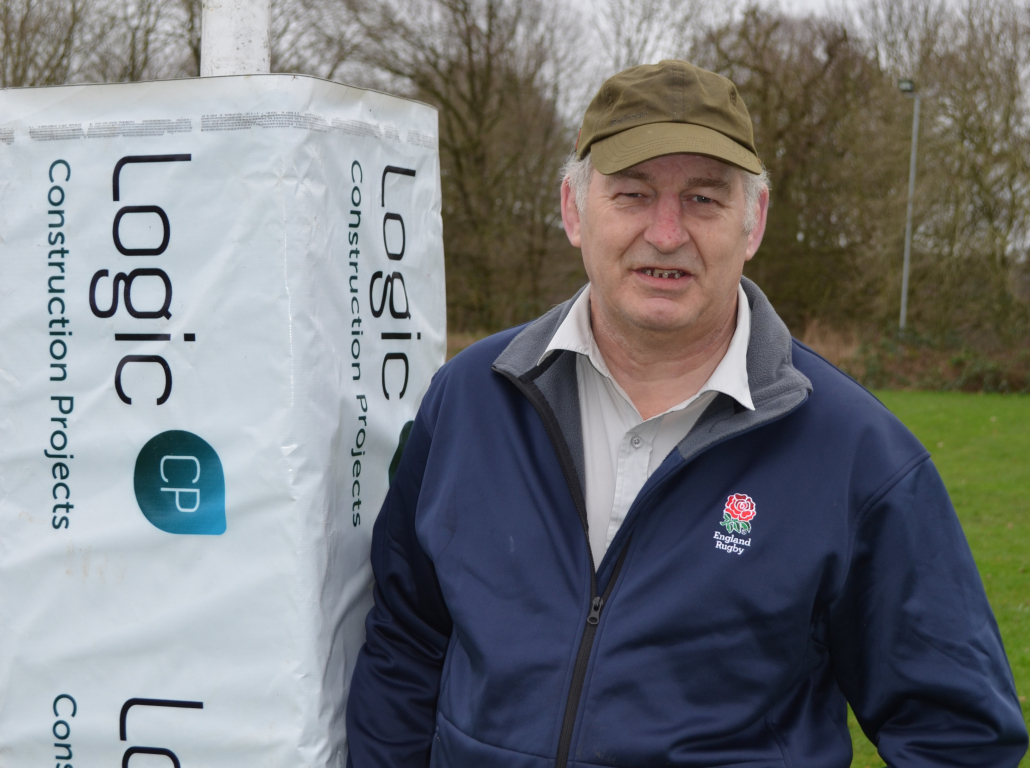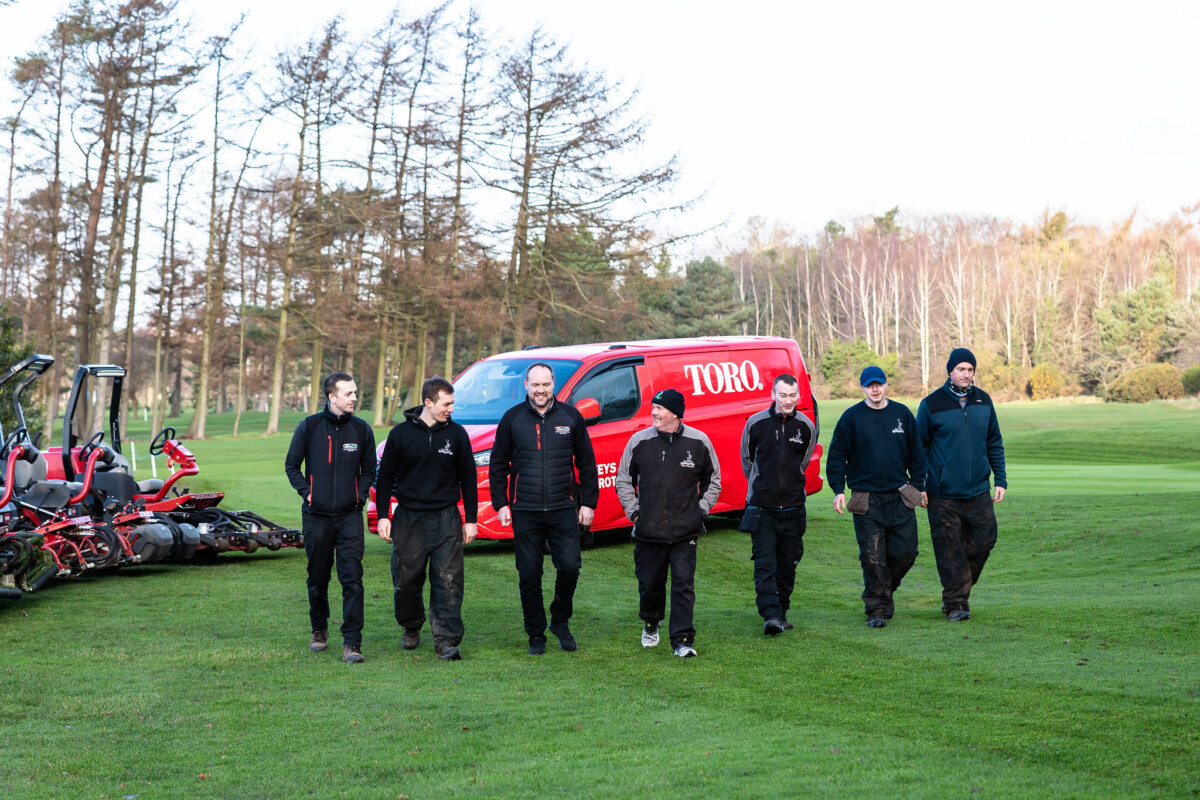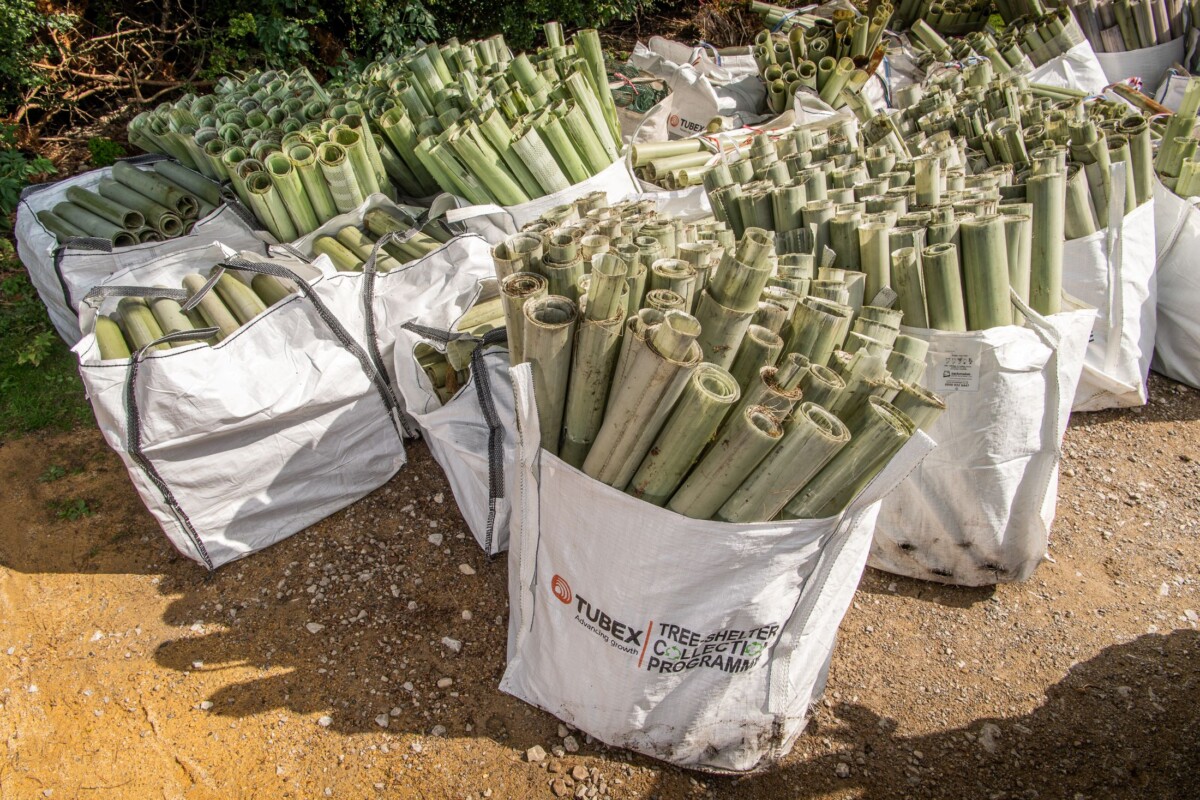Rigby Taylor and Maidstone Rugby pitch in: A week is a long time in politics, according to the idiom. But for Bob Hayton, grounds chairman at Maidstone Rugby, deciding whether to aerate or apply fertiliser, for example – or to delay either for a few days – can, he says, make all the difference to successful pitch care.
“The weather can change so quickly,” he says, “so it is crucial to time any application of granular feed for when rain is forecast within a day or two. Likewise, there’s wisdom in holding back on aerating when it is very wet, whatever the size of the tractor.”

Rigby Taylor and Maidstone Rugby pitch in
Groundscare ‘rules’ such as these were imparted to Bob two years ago when, with no sports field groundscare experience but lots of enthusiasm for improved pitches spurred by his spell as a player for the rugby union club’s veterans squad, he took the reins as volunteer grounds chairman of the Kent-based club whose 1st XV competes in the London 2 South League.
“I ‘shadowed’ my predecessor for a couple of years before I took on the role so I knew something about pitch care, including the importance of correctly timing certain maintenance routines,” says Bob, who adds:
“The former grounds chairman – who I actually work for and is a successful local farmer and a great sponsor of the club – achieved great improvements to the pitches, and he impressed on me that knowing when to do things and when not is key to keeping the pitches playable and presentable. I follow his mantra of ‘the difference between a good farmer and bad one can be just a week; the trick is doing the right things at the right time’.”
The three pitches are natural grass on soil, on clay, “and while there is some drainage, to be honest we are not sure where they are and what state they are in! The pitches are effectively ‘tiered’ on a sloping site next to a large car park which means we get a lot of water run off when it rains”.
In the past, this water has caused major problems in terms of large patches of ‘greasy’ or ‘soft’ ground. But now, with Bob and his team of around eight volunteers steadfastly applying lots of sand in recent seasons complemented by regular aeration, “thankfully the surface water is nowhere near as bad and it doesn’t stay on the surface too long, either”.
He continues: “The pitches are renovated each year (by Rigby Taylor) with a concerted programme of deep spiking, including Earthquaking, and they have a lot of sand applied – probably 30 tonnes over each pitch each year.” Despite this, when there is a lot of rainfall certain areas of certain pitches do still have (smaller) puddles so, says Bob, “we’re constantly aerating to a depth of four inches and hand-forking some areas then ‘topping’ up the sand on patches. Problems like these cannot be solved overnight, but we are getting there”.
Bob’s enthusiasm for aerating and the use of sand was spurred by a visit by former Twickenham grass guru Keith Kent, as part of the RFU’s initiative to help grassroots clubs. “Keith’s very informative presentation focused on aeration and the use of the correct type of sand (round sand),” reflects Bob. “Also, the accompanying machine demonstrations really opened our eyes to the lack of equipment we had.
“The input of a fellow veteran player, Martin Maytum, has also been important to the improvements we’ve made here. Martin has imparted his sports field groundscare experience – he has been in the industry for more than 30 years, beginning as a 16-year-old apprentice at Crystal Palace FC and subsequent spells at Maidstone United, Kent Police sports ground, Queens Park Rangers’ training ground and Kings Hill Sports Park. He is also a volunteer pitch advisor for the Rugby Football Union, before recently joining Rigby Taylor as the technical sales manager for this area. So, in addition to our Saturday afternoon chats about the pitches, I’m sure we’ll be sitting down for longer conversations.”

Rigby Taylor and Maidstone Rugby pitch in
Addressing the club’s equipment situation – with, for instance, a refurbished drum-type Multitiner aerator and a Quadraply, which incorporates a frame to accommodate various implements including grooming rake, spiker and slitter – Bob and his team have gone on to instigate a concerted maintenance programme that not only involves Rigby Taylor’s annual renovations but also includes amenity supplies from the company such as the use of the Sports Field Renovation seed for overseeding (on the rye grass base sward), Delta Sport super-maxi granular fertilisers and iGO line marking machine applying Impact paint.
Designed for rapid establishment, as well as showing excellent tolerance to wear, cold, shade, disease and drought, for example, Sports Field Renovation seed is a mixture of tetraploid perennial rye (the Tetragreen cultivars) and perennial ryes Columbine and Greensky, and is treated with Germin-8T which contains a speciality surfactant that is activated when the seed comes into contact with rootzone moisture. This provides effective penetration of water through the seeds’ outer layer (pericorp) into the endosperm, by lowering the surface tension of the surrounding water molecules. Roots can also take advantage of the micronised mycorryhizal fungi that will deliver long-term plant benefits.
The result is that at the active germination stage, each emerging seedling has immediate access to a highly beneficial package of targeted nutrients, biostimulants and micronised mycorrhizal fungi that together aid early establishment, improved root mass development and accelerated leaf extension.
Derived from composted chicken litter with nitrogen, phosphorus and potassium from mineral sources, Delta slow release (over six-eight weeks) fertilisers promote improved microbial activity, with the inherent carbon stimulating the soil microbes. Bob and team use a hand spreader to apply the 12-4-8 formulation in winter and 8-6-6 in summer.
“I do compare these products with others but have always found Rigby Taylor products to be effective and competitively priced,” Bob comments.
Coupled with a sward height of 30 mm and a dedicated approach by the team of volunteers, the pitches hold up well to their constant use by the 500 or so club members comprising four senior men’s teams as well as youth and mini sections covering age groups from U7s to U18s: two of the three pitches are in action every Saturday and Sunday.
“One of the main bugbears is to ensure spectators actually stand behind the touchlines,” adds Bob. “People standing in a concentrated area can often do more damage than the players!”
For the latest industry news visit turfmatters.co.uk/news
Get all of the big headlines, pictures, opinions and videos on stories that matter to you.
Follow us on Twitter and Instagram for fun, fresh and engaging content.
You can also find us on Facebook for more of your must-see news, features, videos and pictures from Turf Matters.


























